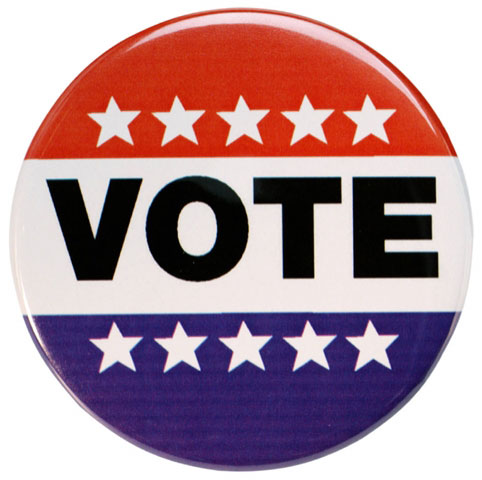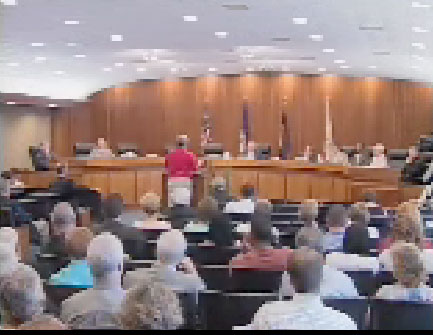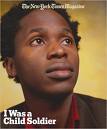Flow Poll #1: Flow in the Classroom

by: Flow Staff
Let us know what you think in our Flow Poll.
A Critical Forum on Media and Culture
A Critical Forum on Media and Culture
Flow Poll #1: Flow in the Classroom

by: Flow Staff
Let us know what you think in our Flow Poll.
The Joys of “Civic TV,” or
Television You Probably Don’t Watch
by: Jeffrey P. Jones / Old Dominion University

Government access television is often much more than boring city council meetings. With an increase in quality productions in communities across the nation, “Civic TV” may be as close as we get in the U.S. to the public
service broadcasting tradition of other nations.
Kyle-Time: You Can’t Touch This
by: Gareth Palmer / University of Salford
Britain’s Jeremy Kyle demonstrates why television’s need to maximize emotional performances and responses means that producers invest in those most likely to offer confessional behaviour for public consumption.
The Empty Archive: Canadian Television and the Erasure of History
by: Michele Byers / Saint Mary’s University
Canadian television texts and the field of Canadian television studies appear to be enjoying a surge of development and visibility, but there is one major stumbling block to this work… there is no archive of Canadian television where materials could be made available to the public, scholarly or otherwise.
Dish Towns USA (or Rural Screens) Part One
by: Joan Hawkins / Indiana University, Bloomington
The fact that rural dish users reside in the country whose culture—without the dish—is so frequently unavailable to them is one of the things we need to
take into account when we discuss audience.
Freeing the Thirty Minute Sit-Com
by: Ray Cha / Independent Scholar

YouTube and other video on demand services are changing the terms of television programming and distribution, as well as control and access over
televisual material.
Notes on Children Unlike Others
by: Olivier Tchouaffe / FLOW Staff

The recent media focus on former child soldiers from Africa serves to not only draw attention to the plight of similar youths, but make a compelling argument in favor of
pacifist politics.